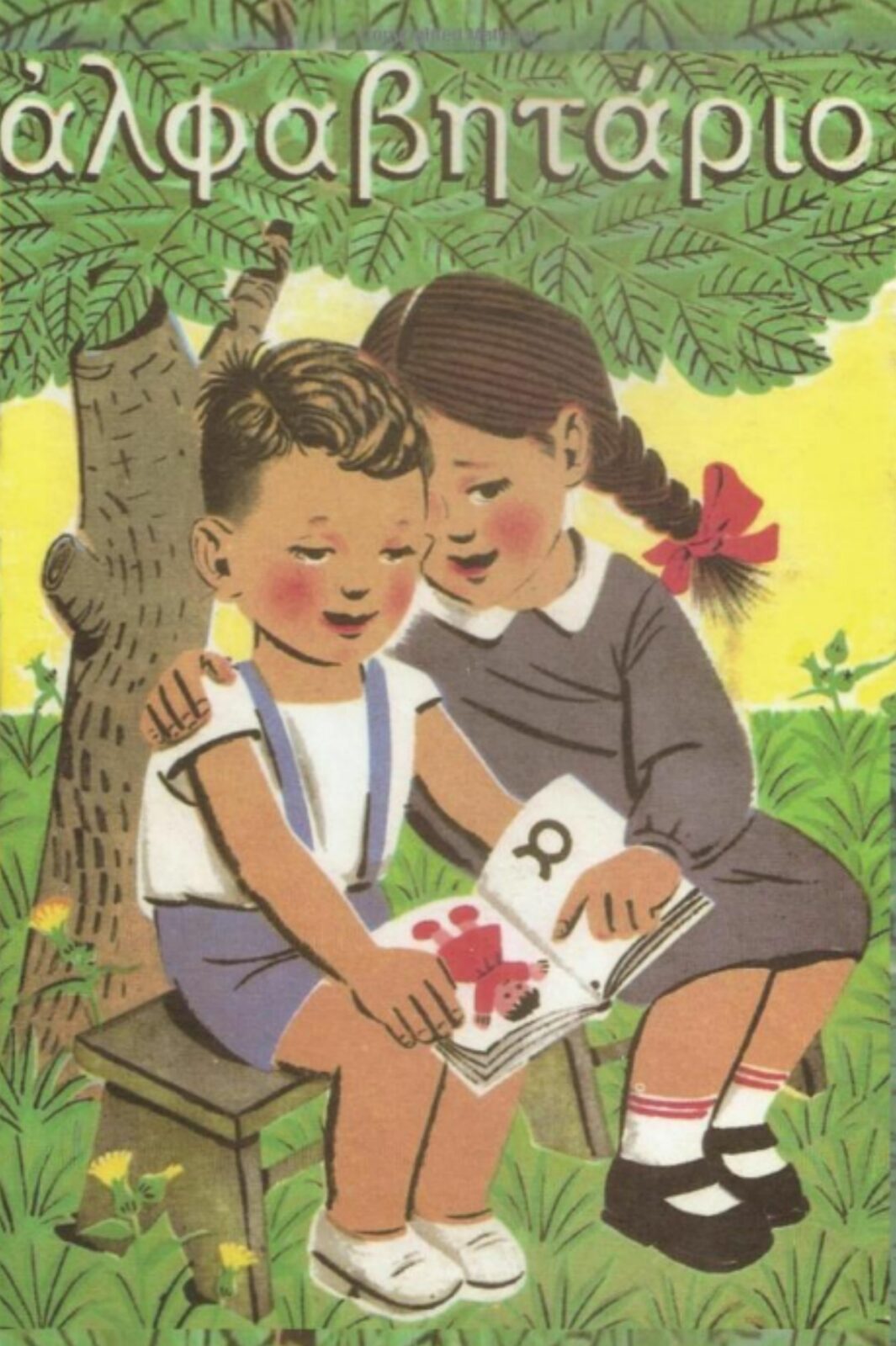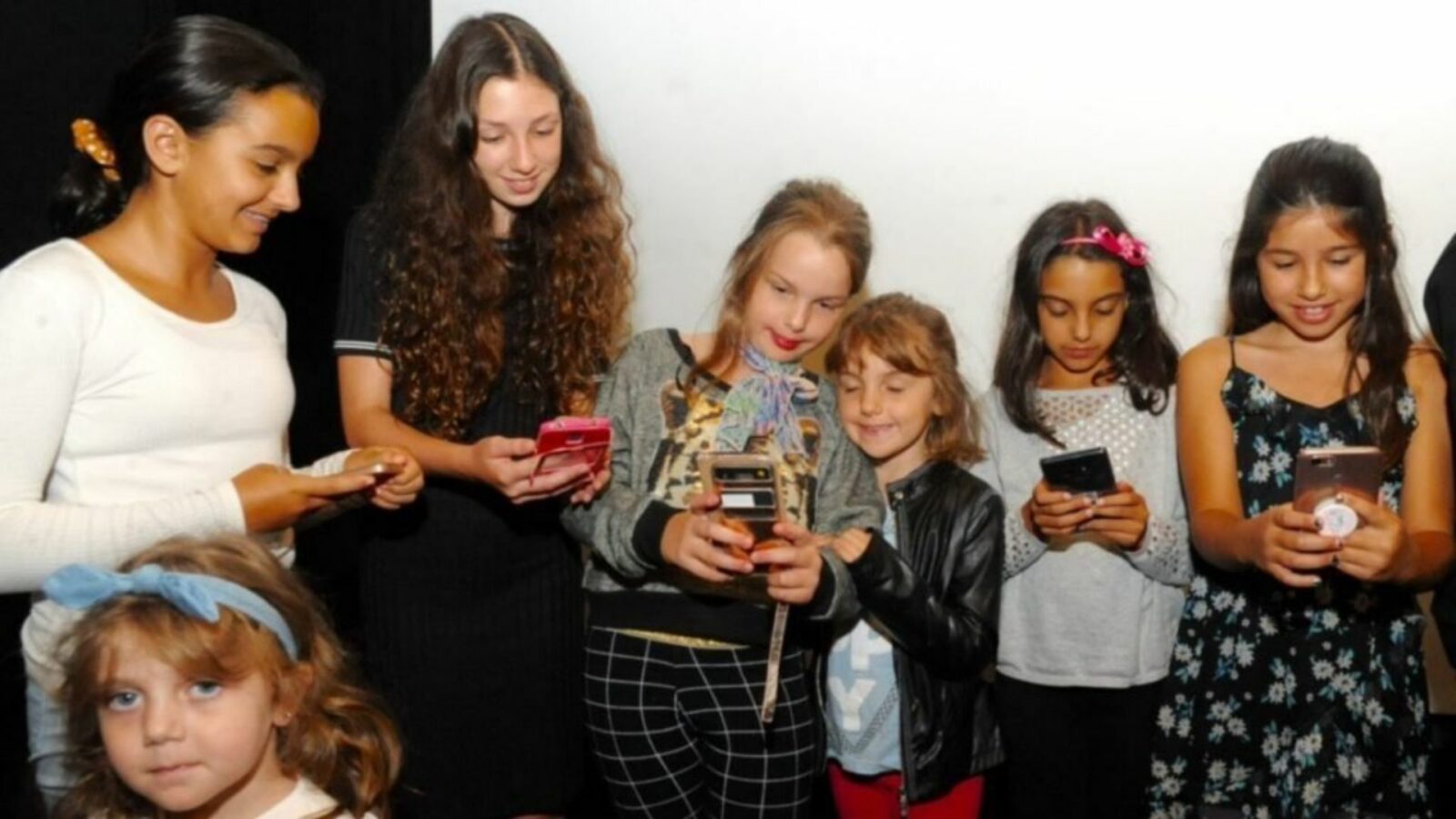If you are a younger generation Greek Australian, you don’t need anyone to lecture you on the value of maintaining the language of your ancestors.
Perhaps you were lucky enough for life circumstances and your environment to have facilitated your Greek language learning. Maybe not at the extent you would like to. Or maybe not at all.
Whatever the case, chances are you know first hand about the add-on value every little bit of understanding, speaking and writing Greek has.
Why else would some of the world’s top universities – including Oxford, Stanford, Harvard, Cambridge and Princeton – still run courses on ancient and modern Greek?
But you don’t need to be in academia or turn into a perfect speaker of the language to benefit from learning it.
A simple google search verifies what many of us growing up as Greek Australians know empirically, and research has proven time and time again: that being bilingual (and this a spectrum, not an absolute) helps connect more deeply with our heritage and Greek-speaking family, perform better at school, develop a different perspective, new cognitive skills, and ultimately helps the brain function more effectively.
READ MORE: Bilingualism is a ‘brain gym’
For outsiders, the above begs the question as to why a child of Greek descent living in Australia would not learn Greek?

Language is an important element of the Greek Australian psyche. We just need to find a suitable way to pass it on to younger generations. (Pic on the right), Melbourne kids using a dedicated app for Greek language learning. Photo: NK

Well, if you are a parent you know the answer is more complicated than one would imagine.
Part of the story goes like this:
- As of 2020, the average age of Greece-born Australians was 83 years old. Which means that most of us cannot rely on a relative who is a native speaker to actively and consistently support our child’s Greek language learning beyond the occasional chat with yiayia and pappou.
- After-hours Greek schools offer great language programs, but…
…not everyone can access one close to home.
…life happens. Kids are not always willing to take up an extra ‘study obligation’ and missing out the occasional class at Greek school can impact both their learning and motivation if they feel left behind compared to the rest.
…as with everything, not everyone learns (Greek) at the same pace and way.
Time to try a different way?
If there is one universal positive brought by the pandemic, it would be our rediscovered ability to do things remotely.
A virtual school based in Greece has been tapping into the value of online learning for some years before Covid made it a norm; they launched in 2012.
Using a method of teaching that caters to individual needs, the Greek Online School offers lessons to children, teenagers and adults looking to learn Greek from scratch or refresh and advance existing knowledge.
They have around 50 native Greek educators who engage with students in the USA, Canada, and Great Britain, and most recently Australia.
🛫This December we are e-traveling to Melbourne! A warm shoutout to all of our little Greeks in Melbourne. !🇬🇷#greeksoftheworld #onlineeducation #greeks #greece #greeklanguage #moderngreek #thegreekonlineschool #visitmelbourne #melbournegreeks #greeksimelbourne pic.twitter.com/qWDzI8TZMe
— The Greek Online School (@Greeklol) February 1, 2022
Run me through the basics
- Classes are run in private, semi-private and group formats.
- Lesson delivery is live at a zone time suitable for the learner and complemented by access to videos, audio material and interactive learning tools.
- The virtual classroom platform used comes with features including interactive whiteboards with ability for students to write on, games, saving notes and class recording functionalities.
- Greek songs and films are incorporated in the curriculum material.
In fact, the school’s stated purpose beyond teaching the language is to “bring students closer to the Greek world” with lessons structured around the history and culture of Greece.
On offer for children aged 6-15 years is also an upcoming Greek Language Summer Camp taking place in the Peloponnese in 2022 under the auspices of the Hellenic Ministry of Foreign Affairs.
View this post on Instagram
Programs like this facilitate language immersion which can help develop a ‘real feel’ of the language.
And now that travel has resumed again for us in Australia, planning your next trip to Greece could factor in some educational value for your child.
Either by choosing an organised activity like the one offered by the Greek Online School or purposefully incorporating in your holiday a longer stay at the family house in Greece, so your child can interact with relatives and locals in language.
4 Tips outside the ‘typical classroom’ box
- Bring the fun into learning. Ask yourself: what activity does your child enjoy the most and then provide them with opportunities to experience it in language. For example, if your 10-year-old is obsessed with a new hobby, Youtube tutorials in Greek might do the trick.
- Make it social. Children can get more motivated to learn their heritage language when interacting with kids their age who are doing the same. Play dates work for some or why not try connecting with families of newly arrived Greeks who have children of the same age.
- Be a role model. Instead of trying to verbally persuade your child about learning Greek, simply walk the talk and use the language yourself. No need to be a fluent speaker. Every little effort counts in normalising the language; and who knows you might even end up improving your level of Greek too in the process.
- Don’t get stuck in the same old when your kid is not interested.
No matter how good a method has been for others, every child has different needs and no kid has ever loved an activity when imposed on them. Instead, you can involve your child in the process and give something new a go.
If your kid is keen to explore the Greek Online School option, you can book a free class and find more information here.









